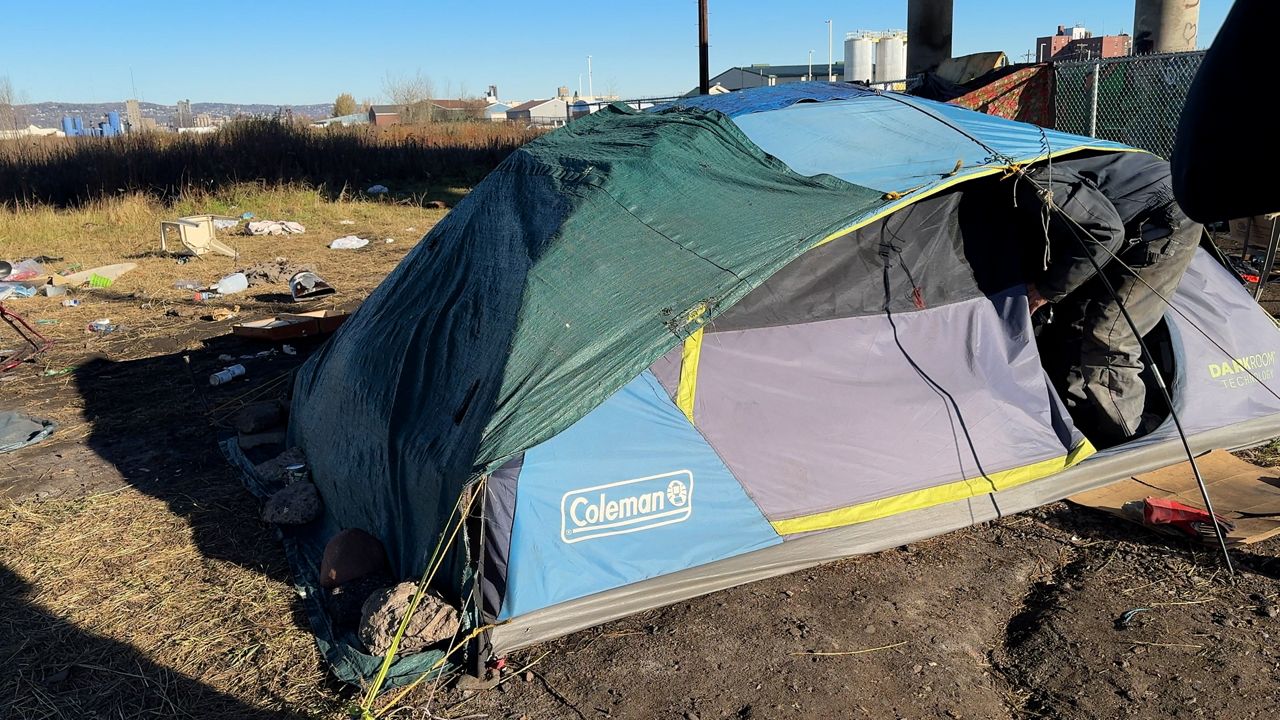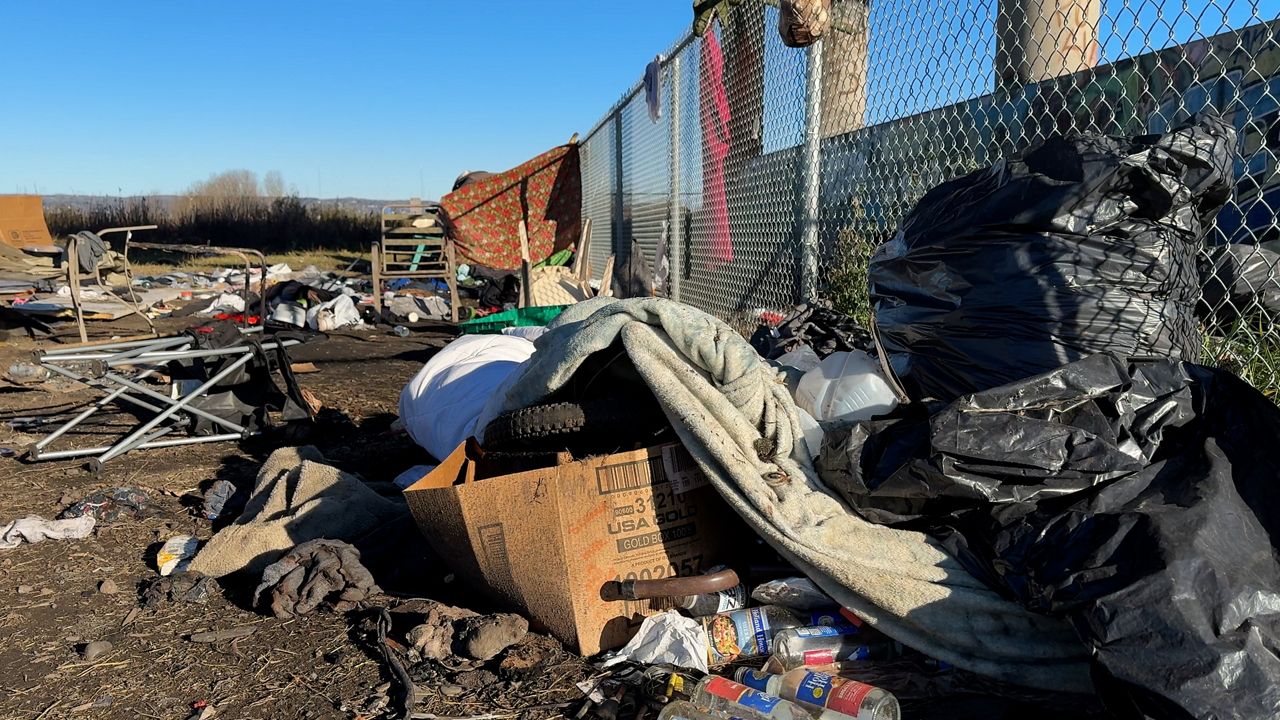SUPERIOR, Wis. — Every day thousands of Wisconsinites struggle with both mental health and substance abuse.
In the City of Superior, the police department is seeing the direct impact of those struggles. One way the department is addressing it is through street outreach teams.
Jennifer Stank is one of the outreach specialists who often works with the city’s homeless population.
“Prior to coming to the police department, I worked in the district attorney’s office for almost 20 years,” said Stank. “When this position opened up, it seemed like a good fit for me to combine my past 20 years of experience and my desire to help people.”

Most of the people she interacts with on the streets struggle with both mental health and substance abuse.
“To make sure that they know we are still here and if they are interested in treatment or if they want resources, we let them know we are here,” said Stank. “Most of the folks just want to live outside and they want to live unbothered.”
According to the National Alliance on Mental Illness, one in five American adults experience some form of mental illness. In the Badger State, that translates to about one million people.

On any given day, 3,000 Wisconsinites experience homelessness.
Stank found the best way to help those struggling is by meeting them where they are at and being consistent.
“You are not going to force [help] on anybody and they have to want it, so just be there for them when they are ready,” said Stank.
Bradley Jago has been a patrol sergeant with the Superior Police Department since 2015.
Jago works directly with the National Alliance on Mental Illness and is passionate about mental health response.
“We have developed our COR Plus team, which is about to hit the street,” said Jago of a new department program, which is in the works. “The idea is that we are able to send not just a law enforcement officer but other more qualified individuals to respond to some of these community concerns.”

He said working directly with mental health experts is crucial for his department and the community.
“Law enforcement is not generally trained on being counselors or having a mental health background or being able to offer someone treatment,” said Jago. “By partnering with people who can offer those resources I think that is the way to go and that’s the direction we are shifting.”
On any given day there can be 15 to 30 people living on the streets of Superior, but both Jago and Stank said they hope their work can help bring that number to zero.



